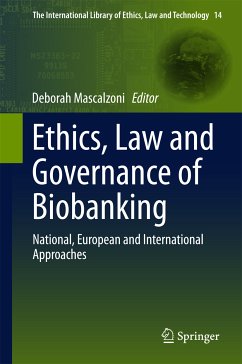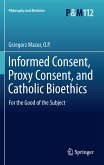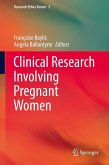This book contains an overview of the existing regulatory landscape for biobank research in the Western world and some critical chapters to show how regulations and ethical frameworks are developed and work. How should international sharing work? How design an ethical informed consent?
An underlying critique: the regulatory systems are becoming increasingly complex and opaque. The international community is building systems that should respond to that. According to the authors in fact, it is time to turn the ship around. Biobank researchers have a moral responsibility to look at and assess their work in relation to the bigger picture: the shared norms and values of current society. Research ethics shouldn't only be a matter of bioethicists writing guidelines that professionals have to follow. Ethics should be practiced through discourse and regulatory frameworks need to be part of that public discourse. Ethics review should be then not merely application of bureaucracy and a burden for researchers but an arena where researchers discuss their projects, receive advice and practice their ethics skills.
Dieser Download kann aus rechtlichen Gründen nur mit Rechnungsadresse in A, B, BG, CY, CZ, D, DK, EW, E, FIN, F, GR, HR, H, IRL, I, LT, L, LR, M, NL, PL, P, R, S, SLO, SK ausgeliefert werden.









